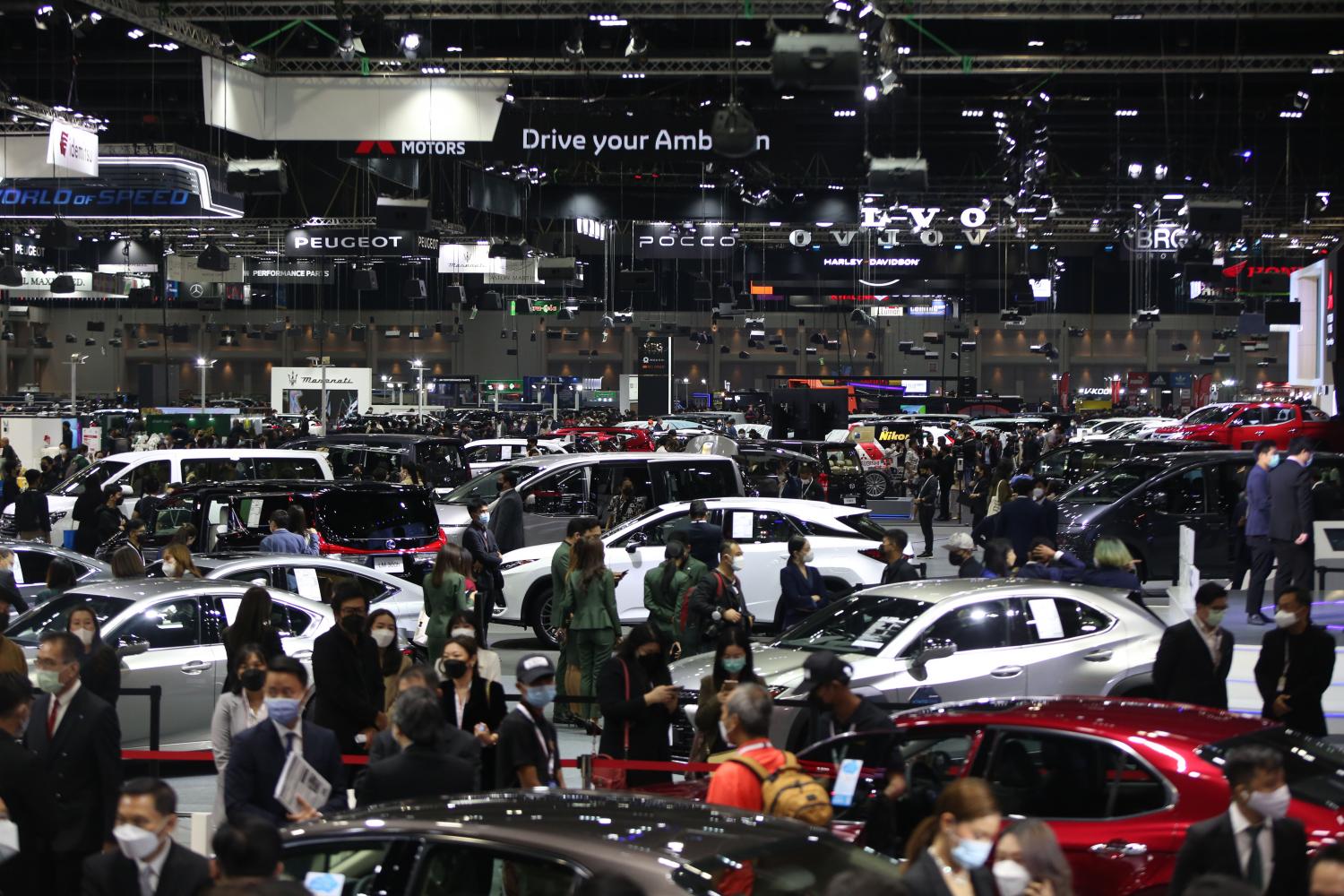
Volvo Cars (Thailand) Co has set a sales target of 20%-30% growth in 2022, all driven by sales in the battery electric vehicle (BEV) segment as domestic and global demand for environmentally friendly cars continues to rise.
The company increasingly focuses on BEVs, following a global campaign against carbon dioxide emissions, said Chris Wailes, managing director of Volvo Cars (Thailand).
"Volvo will launch new car models in Thailand this year as demand in the premium car segment continues to grow," he said.
"The company plans to launch 1-2 EV [electric vehicles] models a year."
It plans to launch the C40 Recharge during the 2022 Bangkok International Motor Show.
In the sports utility vehicle (SUV) segment, Volvo expects its XC40 and XC60 models will make a significant contribution to the revenue growth in 2022.
The company will also team up with business partners to improve sales and marketing plans.
Sweden-based Volvo Car Corporation launched a 10-year EV plan, starting in 2021, by setting a target to have EVs make up 50% of its car sales by 2025 and increase to 100% within 2030.
In 2022, the Covid-19 pandemic and the prolonged global shortage of semiconductors will remain risk factors to the automotive industry, the company said.
"The semiconductor shortage will affect car production," said Mr Wailes.
Last year the chip scarcity caused Volvo to delay delivering cars to buyers in Thailand because its manufacturing plant in Malaysia had to temporarily close for three months as semiconductor makers could not supply the products.
Semiconductors are a key component in EV assembly.
Mr Wailes believes the impact of the semiconductor shortage will not be severe this year as his firm has a plan to better manage chip supplies to make sure EV production will continue smoothly.
The firm expects bright prospects in the EV industry, believing more people will be able to afford to buy cars with clean technology.
The Thai government is promoting EVs as part of its effort to achieve carbon neutrality, a balance between carbon emissions and absorption.
Prime Minister Prayut Chan-o-cha pledged during the UN conference on climate change last year that Thailand would achieve carbon neutrality by 2050 and a net-zero balance between greenhouse gas emissions and absorption by 2065.







